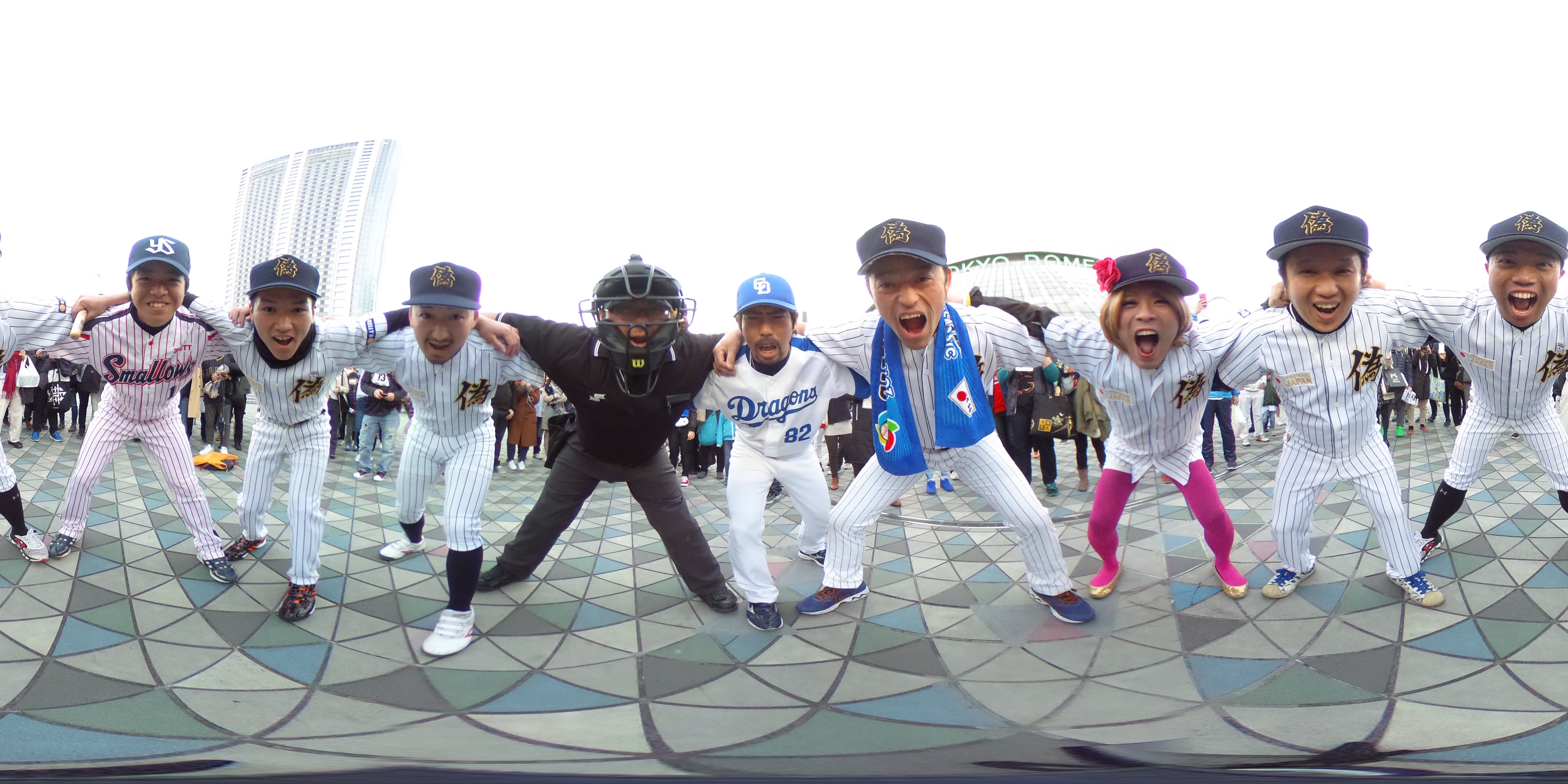Baseball, known locally as yakyuu (or literally “field ball”), is a national phenomenon in Japan. Masaoka Shiki, one of Japan’s four great haiku masters, wrote several poems praising it. Osaka’s most infamous urban legend centers around it. It’s even more popular than the nation’s native sumo.
According to data published by Japan’s Central Research Services in 2018, 48% of respondents cited baseball as their favorite sport. Sumo wrestling and soccer were well behind, tied for second place at around 25% each.
How baseball came to Japan
Baseball was introduced to Japan in 1872 by an American English teacher named Horace Wilson who taught at Tokyo’s Kaisei Academy. This was at the start of the Meiji era (1868-1912), a period during which adopting customs and practices from the West was highly in vogue.
The sport didn’t catch on nationally until shortly after World War II ended. During the U.S. occupation of Japan, American GIs heavily promoted the sport. Baseball legends like Babe Ruth, Lou Gehrig and Joe DiMaggio formed an All-Star league and competed against local players.
Women wearing kimonos lead cheers from atop a dugout at a baseball game in Japan in 1965.
Bettmann
Another thing that boosted baseball’s popularity was the support of Japanese corporations, which began sponsoring professional teams. To this day, many teams bear the name of a corporation rather than a city or region.
Japanese baseball today
America has competition when it comes to claiming baseball as its national pastime. The Nippon Professional Baseball League (NPB), the country’s equivalent of Major League Baseball (MLB), boasts approximately 27 million fans — about 20% of the entire population.
Many have pointed out that key characteristics of the game appeal to the Japanese work ethic. Baseball relies heavily on teamwork, perseverance and discipline, which are qualities the Japanese tend to highly value.
A young Japanese player holds a ball with writing that congratulates him for his first hit.
Shoji Fujita
Loyalty is another coveted characteristic. Japanese baseball players tend to stay on one team throughout their careers, though occasionally someone makes it to the U.S. Major Leagues. Those include Japanese star Ichiro Suzuki, who holds an impressive MLB record of 262 hits in one season, and a rookie named Shohei Ohtani who is currently making waves in the United States.
The most popular major league teams in Japan are the Hanshin Tigers (Osaka), Hiroshima Carps and Yomiuri Giants (Tokyo). Travelers to those cities can add a game to their itinerary during baseball season, which typically runs from March to October.
Baseball fans use megaphones to cheer during a high school tournament in Fukui, Japan.
Buddhika Weerasinghe
Not only are NPB games extremely popular in Japan, high school baseball is also universally beloved. Each year, more than 50,000 people watch the National High School Baseball Championship live at Koshien Stadium, and millions more view it on national TV, making it the most-watched sporting event in the country.
Differences between US and Japanese baseball
Japanese baseball games can end in a tie, where American rules dictate that teams play extra innings until one team wins. In 2016, the MLB saw a rare tie game where a game was called due to rain; before that, the last recorded tie was in 2005.
Japanese fans cheer on the championship game of the 2017 Little League World Series.
Alex Trautwig
The Japanese use a slightly smaller ball than their American counterparts. Japanese swings are noted to be more compact, with the goal being to advance players rather than hit the long ball.
Jeering is frowned upon in Japan, while it’s widely tolerated — even expected — at American games. And fighting for foul balls is unheard of in Japan; the ball is simply returned to the nearest usher. Curry, ramen and takoyaki (grilled octopus) are sold in Japanese stadiums as are “American dogs,” or corn dogs.
What it’s like to attend a game
Tickets typically cost between 3,000 yen to 10,000 yen ($27 to $90) and can be purchased at the stadium on game days (though weekend and holiday games can sell out). Advanced online purchasing is also available, though most — but not all — sites are in Japanese.
Japanese baseball games are so exciting and interactive that even those who don’t follow the sport have a good time. With so much happening off the field, baseball in Japan is much more than a mere spectator sport.
Spectators in Osaka cheer high school baseball players from an area devastated by the 2011 earthquake and tsunami in Japan. The team were the heroes of the national tournament, despite losing 0-7.
JIJI PRESS/AFP
Fans at a baseball game at Jingu Stadium in Tokyo, Japan.
Kiyoshi Ota
The steady flow of booze is another factor in the merriment. During baseball games, women walk through the stands with heavy kegs strapped to their backs, deftly serving cold draft beers and other spirits to spectators. People are more than welcome to bring their own alcohol — and food — as long as they pour their drinks into plastic cups provided by the stadium.
The way this American sport found an immovable place in the hearts of the Japanese people is perhaps best summed up in a haiku, by Masaoka Shiki:
spring breeze
this grassy field makes me
want to play catch
